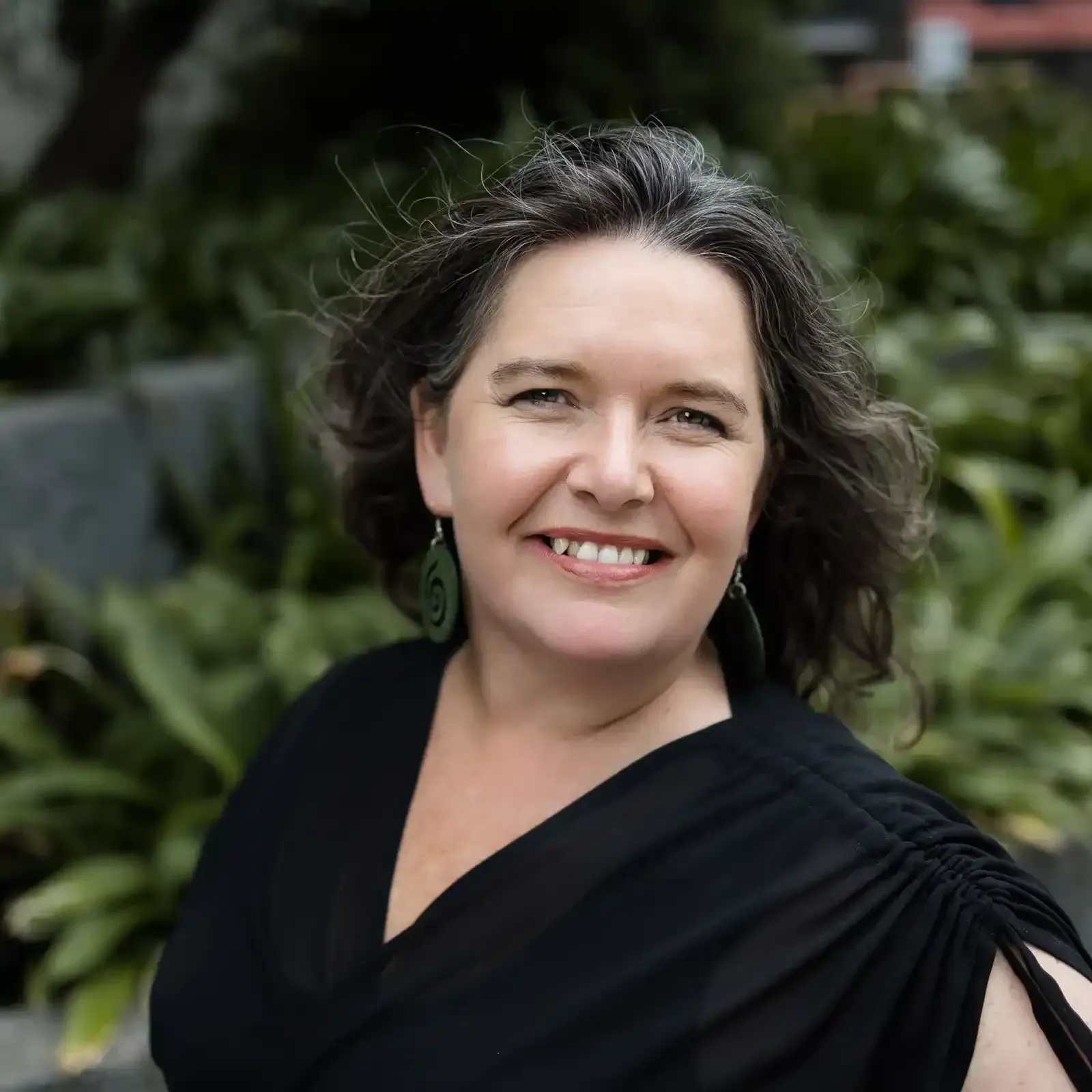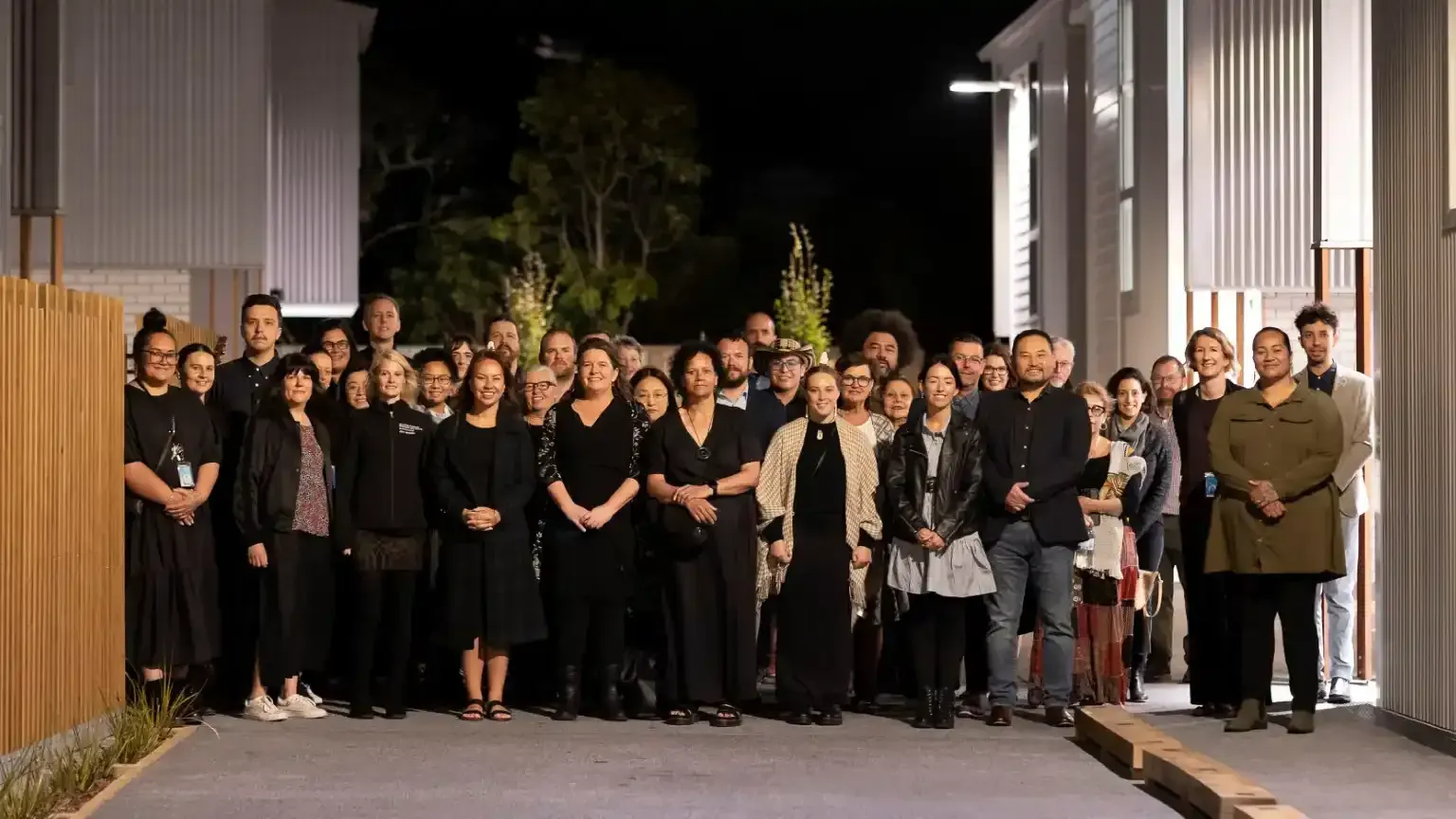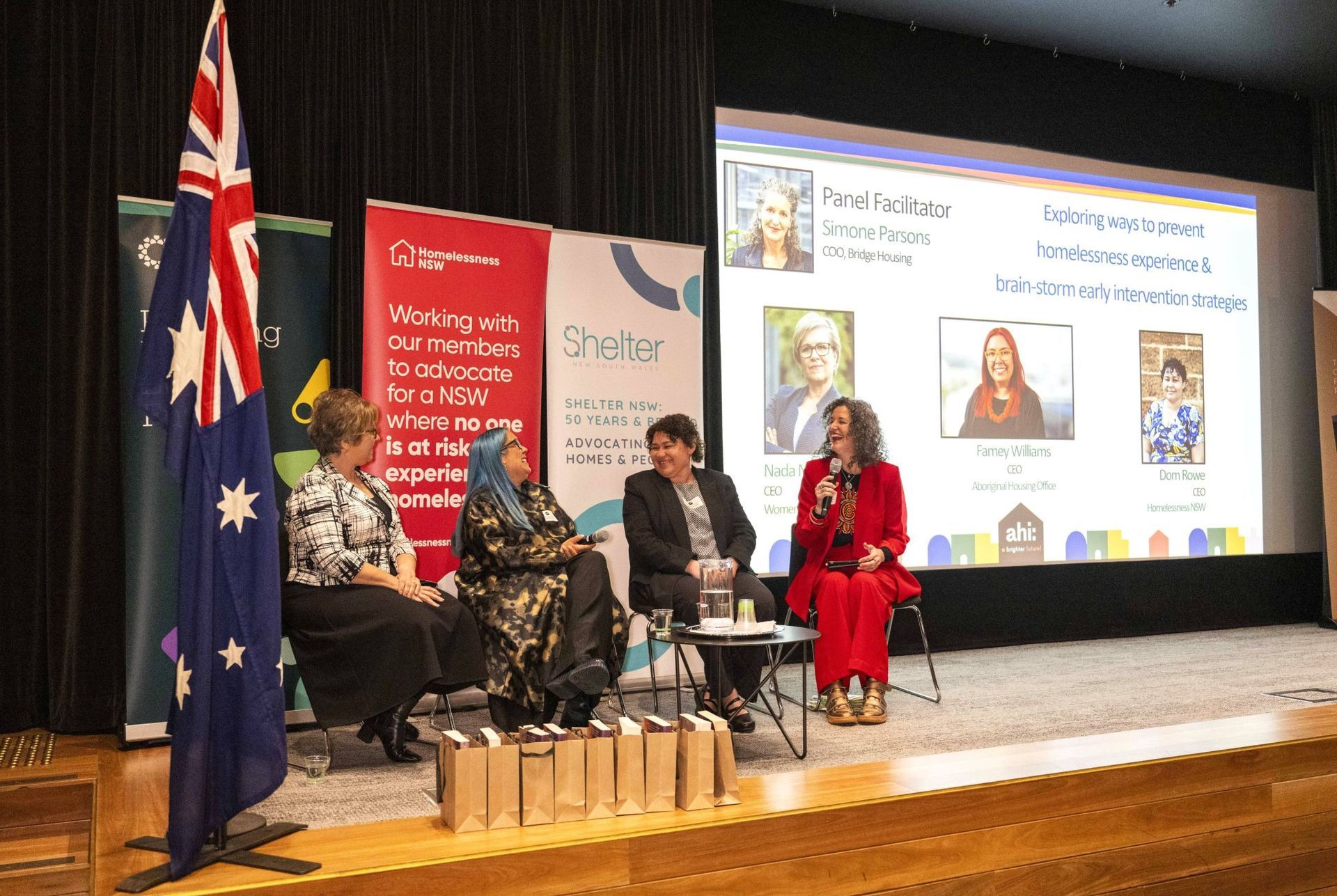“Everyone was exhausted. A lot of us had been in a change process for over a year, and we were still in a real phase of setting everything up from scratch. But I just wanted to know what the base level looked like. "The vibe felt good, but sometimes you wonder if you're living in a little bubble and not really knowing what's going on."
“If [the result of the survey] was terrible, I would have been a bit shocked because I normally feel like I've got my finger on the pulse, but I knew we'd work with it and improve it. When we got those results back with over 90% satisfaction, that was, I think, a shock to all of us, but we’re over the moon about it!”
In running through the satisfaction survey with us, Angelique explains her insights on what she believes lay behind the results.
“I am encouraged and enabled to develop and grow in my workplace” = 97%
Staff development plays an important part of Te Toi Mahana’s culture and engagement. Angelique sees identifying upskilling opportunities as going hand-in-glove with growing the organisation, providing better outcomes for tenants and minimising staff turnover.
“Not everyone wants to climb the career ladder, but if you can't recruit internally for leadership roles or project management roles, you're doing something wrong. I think if you've got proper development in place, and you identify where people want to go, then you invest in them, and that's the mindset that we have.”
“I was a tenancy advisor 12 years ago, went away, did other things, came back, and now I'm a chief executive,” She continues. “I don't have a degree and I dropped out of school at 16. It's about providing people opportunities. So, as long as people can see that, maybe in three years, I really want to move from tenancy into an AI data role, or I want to move into property, there's a pathway for them. If we can't pay the big bucks, that's where people see the value, I think.”
“I feel supported by my immediate manager” = 95%
Providing effective and supportive leadership for employees is a focus at Te Toi Mahana, so to see the staff endorsing the work being done in this area brought a smile to many faces. Another source of satisfaction was that employees said they overwhelmingly felt a sense of belonging in the workplace.
“We put a lot of effort into cross-team work and induction in particular,” Angelique says. “It doesn't matter if you're a finance manager, a customer service advisor or a tenancy manager, when you start, we all go through the same induction. You spend time with each part of the business, and you go out on-site and you go to community events. So, I think people feel that connection from really early on, and can rely on each other.”
“I feel physically safe at work” = 100%
“I feel connected to, and supported by, the teammates that I work with regularly” = 95%
Angelique notes that many of the comments provided by staff in the survey indicated a win for diversity and inclusion within the business, which is no mean feat when 19 different ethnicities and nationalities are represented in the Te Toi Mahana workforce.
“And that's not by accident,” she adds. “We recruit for diversity, and that shows we're hitting the mark there where people feel safe to be themselves. That was reassuring to myself and all the leadership team.”
As testament to this, Te Toi Mahana was recently recognised as a finalist in the
Diversity Works New Zealand Awards 2024 – Inclusive Workplace Category.
“My workplace provides the flexibility to balance my work and non-work activities” = 100%
From personal and observational experience, Angelique has seen people become obsessed with their performance statistics to the detriment of job satisfaction and, in some cases, their wellbeing. It’s something she’s been determined to avoid happening in her current post.
“What else can we offer people outside of money?” she asks rhetorically. “For most people, it's just autonomy. A lot of people say they have a flexible workplace but they don't actually. It's not about working from home a couple of days here and there. It's about the ability to really live your life and have people trust you to do your job.”
“I don't have a clue what time people get in and leave, and I don't care. Is the work getting done? Yes. Are people happy? Yes,” she states confidently, adding that, with flexibility comes a responsibility to get the work done.
“It's down to individual managers to manage individual performance. If there is bad performance, you've got to get on that straight away. And I've moved people on – I believe most people can change, but you've got to give them that opportunity. If they can't, then you've got to be straight up and say, ‘I don't think this is for you’.”
The secret to high staff satisfaction
When it comes to the ‘secret sauce’ for getting this kind of staff satisfaction and engagement, Angelique’s quick to point out there’s no one-size-fits-all approach. In many cases, she explains, what works in one scenario or workplace might not work in another.
“I don't think of myself as the expert in any way, shape or form,” she says. “I've come up with great ideas and my team have brought me back down to earth and told me it’s not going to work and why. I've had to change my mind on multiple occasions. You've just got to be humble, especially when you're trying to keep an engaged workforce and recognise that everyone has something to bring to the table. I think that historical management doesn't do that, and I'm afraid of that.”
But while she bristles at the suggestion, it’s clear that championing a people-first philosophy since joining Te Toi Mahana during the pandemic has contributed hugely to the positive survey results. Having a workplace where people are authentic to who they are, and who feel happy in the work they’re doing, is of paramount importance to her.
“I really care about our tenants. Without them, you don’t have a business,” she clarifies. “But equally, you don't have a business without your staff, right? Staff come first. Looking after their wellbeing and happiness is my number one. It doesn't mean every day is rainbows and unicorns but, particularly on the hard days or during tough times, you know you can speak your mind and that you're supported, and you have somewhere to go to.”
“It might not be your manager, but it might be a colleague, someone you can vent to or just get a hug,” she continues. “And our team members share that with each other a lot. They might send out an email at the end of the day about a tough day they've had, and everyone comes back with things like ‘hey, we've got you’, ‘give me a call anytime you need to’, ‘let's go for a coffee…’ I think if you can offer that environment where people don't need to be a ‘home Angelique’ and a ‘work Angelique’ and you can just bring yourself to work, then you get better performance as well.”
She details how the proof is in the pudding. During the transition period from Wellington City Council and beyond, all the organisation’s KPIs have been achieved. And, of the 3,000 tenants that make up the Te Toi Mahana community since the August 2023 transition, Angelique hasn’t dealt with any complaints; a result she puts down to “the high performance of my team who are out there, just getting on with it and doing it.”
“I think the happier people are, the more they give back to their workplace. Sickness is low, our turnover is low. There are other organizations that pay higher than us,” she readily admits. “But it's that ability to, you know, if someone's got a school play their kids are in, no one clock watches. You don't put leave in, you go to your kids play.”
Buoyed by the results, the team at Te Toi Mahana have rolled the dice and entered the
2024 Best Places to Work Awards for New Zealand, for which they have been shortlisted.
“This is a nationwide survey and it’s the first time we've done it,” says Angelique with equal parts excitement and trepidation. “If we get through to the finals, then we get to go to an award ceremony later in the year, and hopefully might take out the Best Place to Work award in our category. We just have to wait and see.”
Everyone at the ahi: wishes the team at Te Toi Mahana the best of luck!










